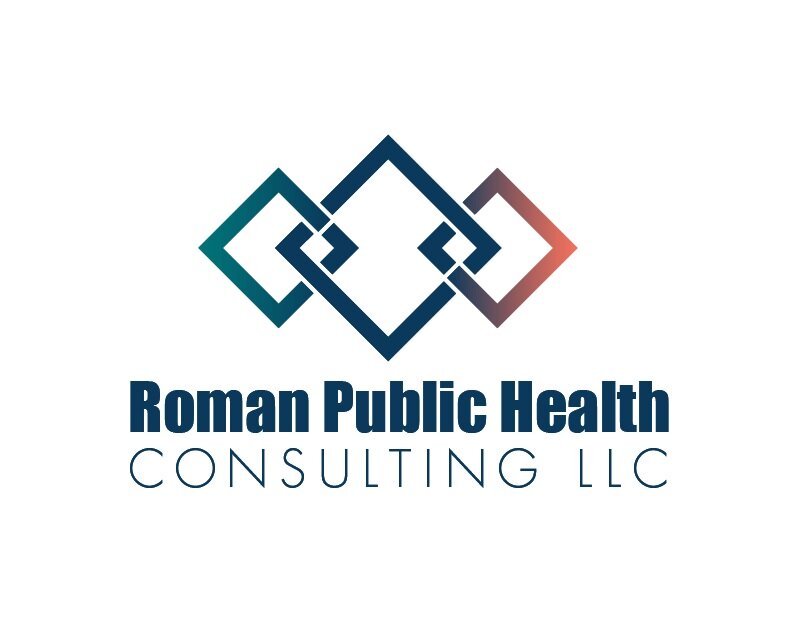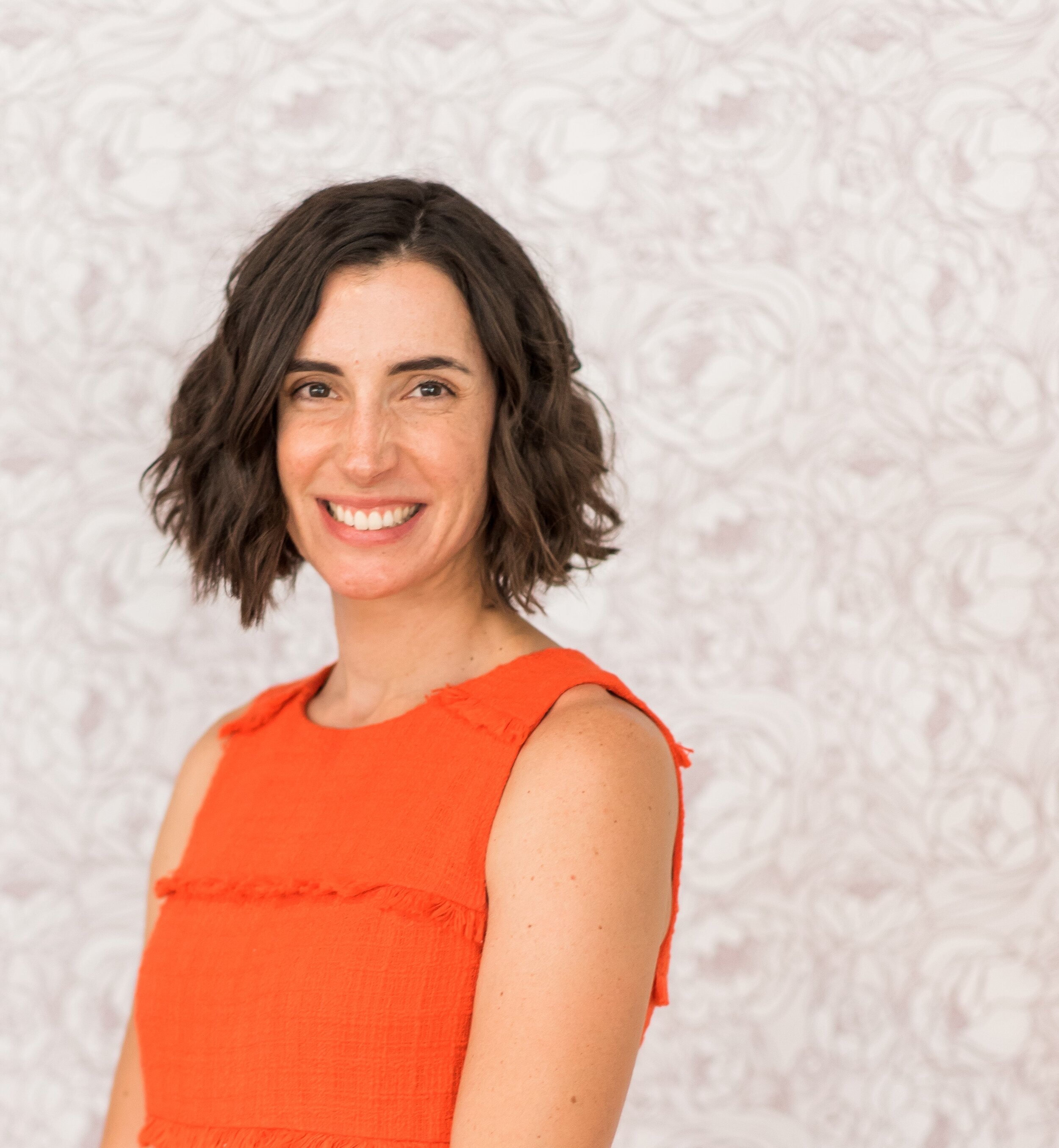Monthly Public Health Consultant Spotlight: Amy Schlotthauer, MPH
Each month, I will introduce you to a public health consultant or entrepreneur and they will share their path to self-employment and outline key pieces of advice for aspiring business owners.
Today we welcome Amy Schlotthauer from Menomonee Falls, WI (USA).
1. Please share your educational background and business title/name.
I have a master of public health (MPH) and am the President and Owner, AES Consulting Firm.
2. Tell us how you entered the field of public health and what your education and work experience was prior to consulting.
I was not aware of public health until a medical anthropology class in college. This was an “AHA!” moment for me – prior to college I thought if you wanted to work in health, you became a doctor or a nurse. Once I was introduced to public health, I continued to read more about the field, did some volunteer experience and proceeded to apply to graduate school for a MPH degree rather than medical school as I originally planned. While I was in graduate school, I exposed myself to various internship and volunteer opportunities. This allowed me to gain experience in government public health, academia and non-profit work. I took a job as a project manager at the University of Chicago after graduating which set me on an academic track for the next decade. Working in academia helped me develop a lot of skills in critical thinking, writing, statistical analysis, and evaluation. As time went on, I realized that I didn’t want to stay in academia long term and made a pivot into the business world working on a research and development team in the population health department at a pediatric health system. While there, I discovered a love for facilitation, leadership and working with groups to solve problems. I also realized that every sector has different problem-solving approaches that can lead to big change when they collaborate but that collaboration is often hijacked by not having a point person championing it and shepherding it along.
3. When did you start consulting and what were your motivations for pursuing self-employment?
I started my consulting business in the summer of 2018, though I did not quit my full-time job to pursue consulting until February 2019. Initially I collaborated on some smaller projects that another consultant offered me. I did these projects at night and this experience allowed me to get a flavor of what types of things were out there for consultants. I quickly got burned out from working full time and then continuing to work on projects at night so I adjusted my work schedule to a 0.5 FTE. Increasingly this also felt like I was in an unsustainable middle ground area so I jumped into full time business ownership and consulting despite still feeling anxious about it. My motivations for pursuing consulting were to be able to work with multiple organizations without having an organization that I was working for and to create the type of leadership opportunity I wanted for myself. I also craved a flexible schedule that was not offered to me in a traditional workplace.
4. Who is your ideal client? What services do you offer?
My ideal client is an organization looking to convene different sectors to collaborate on one complex health issue.
The services I offer include meeting facilitation, qualitative interviews, system mapping and developing a process that fosters and develops the collaboration toward their intended goal. Often this means developing a roadmap, strategic plan or set of recommendations that a variety of stakeholders contribute to.
5. What is your favorite type of project to work on and why?
I enjoy projects that involve partnerships of people or organizations that are struggling to figure out how to best use all that each individual participant brings to the partnership in a way that really affects change. The public health challenges of today and the future are complex and will need to involve collaboration across sectors to make impact. We already see this in grants and other funding mechanisms which require “cross-sector collaboration”. Collaboration is definitely critical and can be fruitful, and it can also be really difficult to work together in new ways with people, or be able to connect the dots between what your organization and your partner organization does. I bring my skills in evaluation and facilitation to the table to help create those connections so that partnerships can move forward and not remain in the same place for months and years on end.
6. Many of our readers are considering a career as a self-employed public health consultant or entrepreneur. What is your best piece of advice for those considering or just starting out?
Connecting with people who have the type of business you want was very beneficial to me. I was able to ask very detailed questions about the process of becoming a business owner. I also applied to be in different mentorship groups which gave me a group of people with similar goals so that we could commiserate and celebrate the experiences one has in being a business owner. One of the hard parts of consulting (if you are a company of one, as is my case) is not having colleagues at the ready so having cohorts of consultants that you can bounce ideas off of or work together on business operations concepts is invaluable.
7. How can readers connect with you?
Readers can connect with me via my Website, LinkedIn, and Twitter. I also manage a Twitter chat book club for consultants called #consultantsread Each month we read a different book or article and meet on Twitter to discuss its application to our business.

